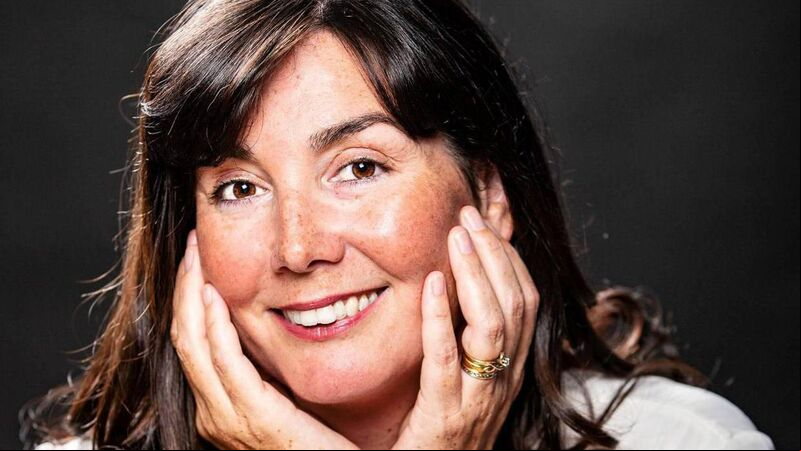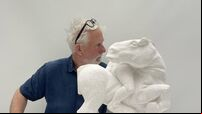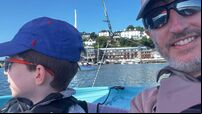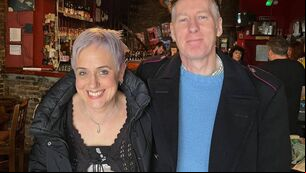Books: Debut novel inspired by double tragedy at lighthouse

A former student in Cork has just had her debut novel published, inspired by a visit to remote Skellig Michael off the Kerry coast.

“When I finished the MA, I kind of accidentally started a Ph.D,” she says. “At the time, I was working as a full-time restaurant manager in the Crow’s Nest.







 App?
App?


